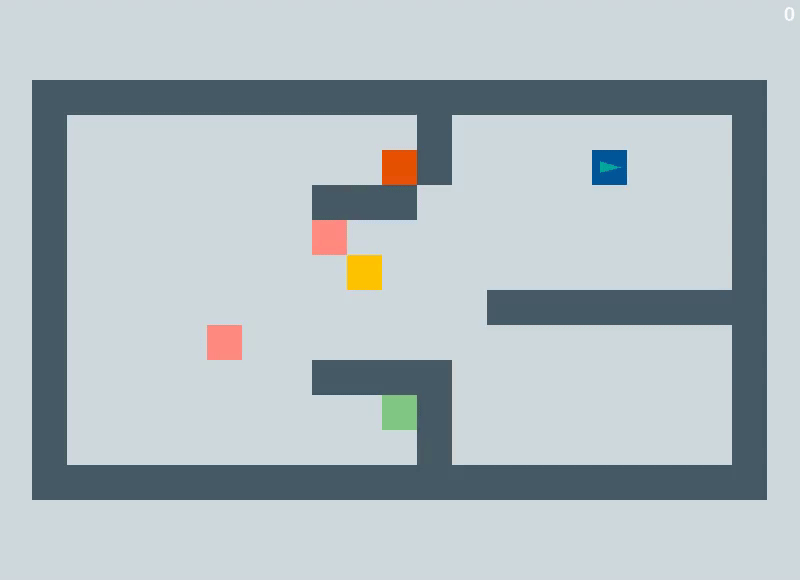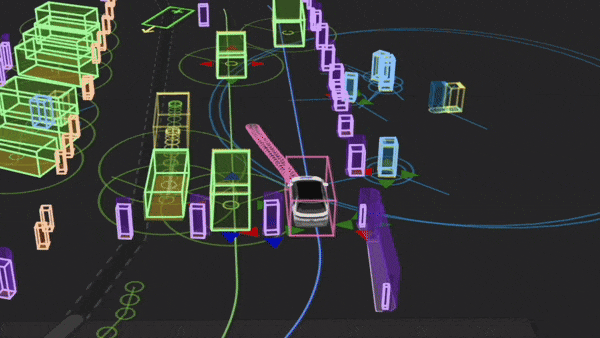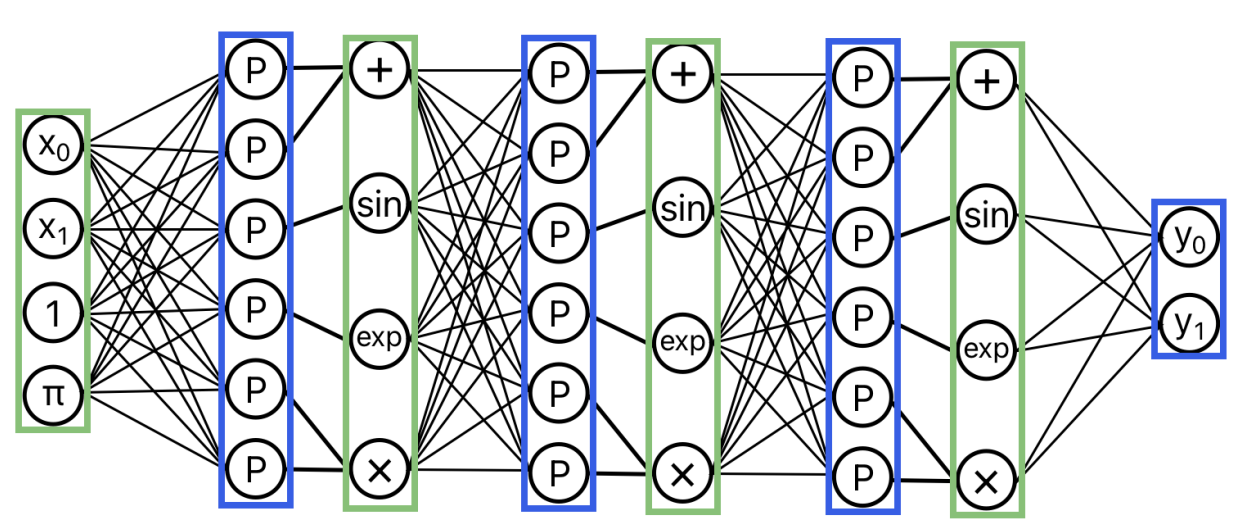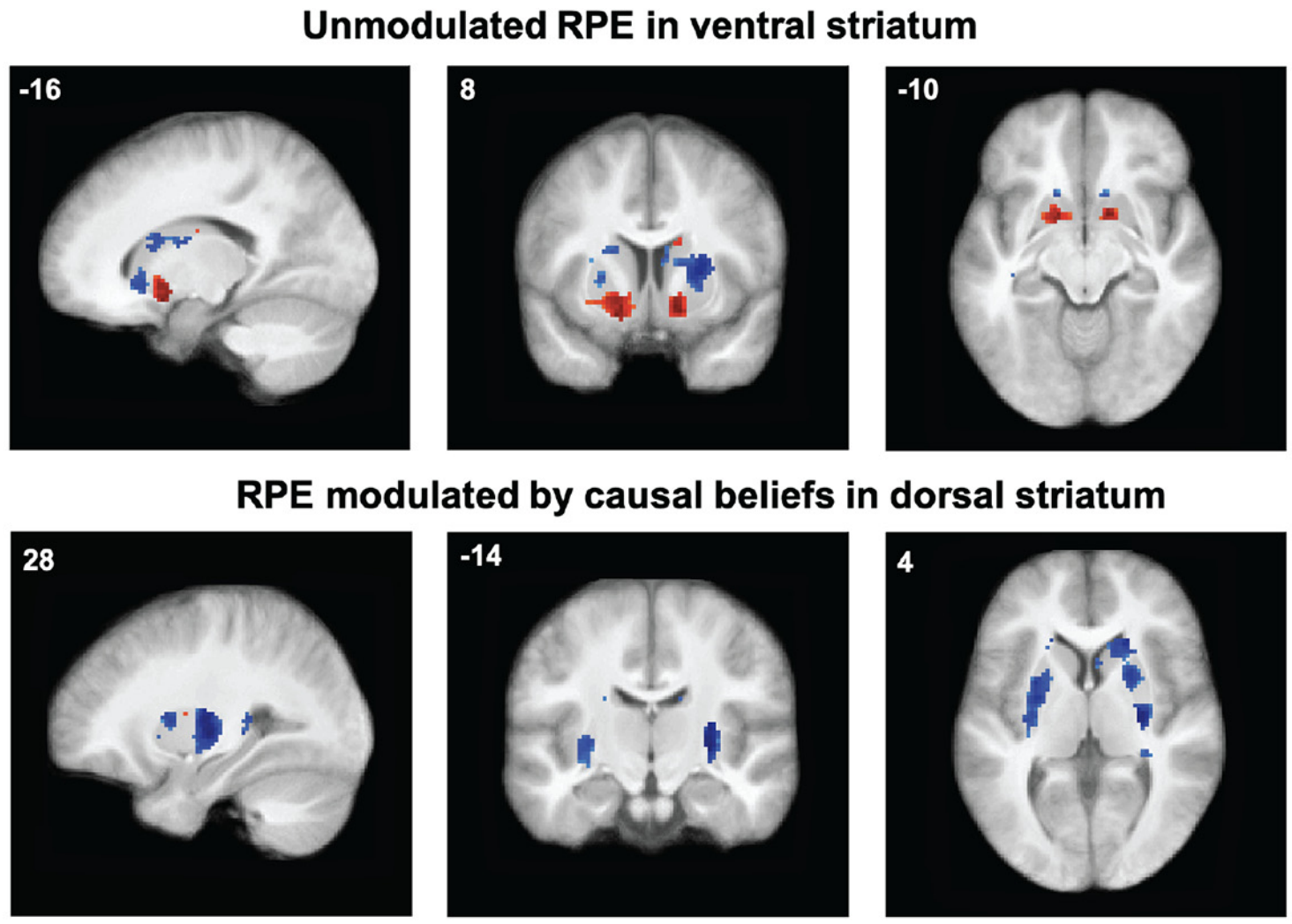Throughout our lives, the seemingly haphazard neural processing in our brains – as if by magic – gives rise to remarkable cognitive abilities that allow us to accomplish tasks big and small, such as winning a video game, driving a car, or discovering a scientific theory. How does this magic work? How can we make it work in artificial brains?
I tackle the first question by building computational models of information processing in the brain and evaluating them using behavioral experiments, neuroimaging, and electrophysiology. I am currently leveraging insights from this work to tackle the second question within two domains: a) motion planning for self-driving cars, and b) automated theory discovery for the cognitive sciences.
My research has both basic science and applied aims and connects multiple disciplines, including neuroscience, psychology, machine learning, robotics, and cognitive science.




